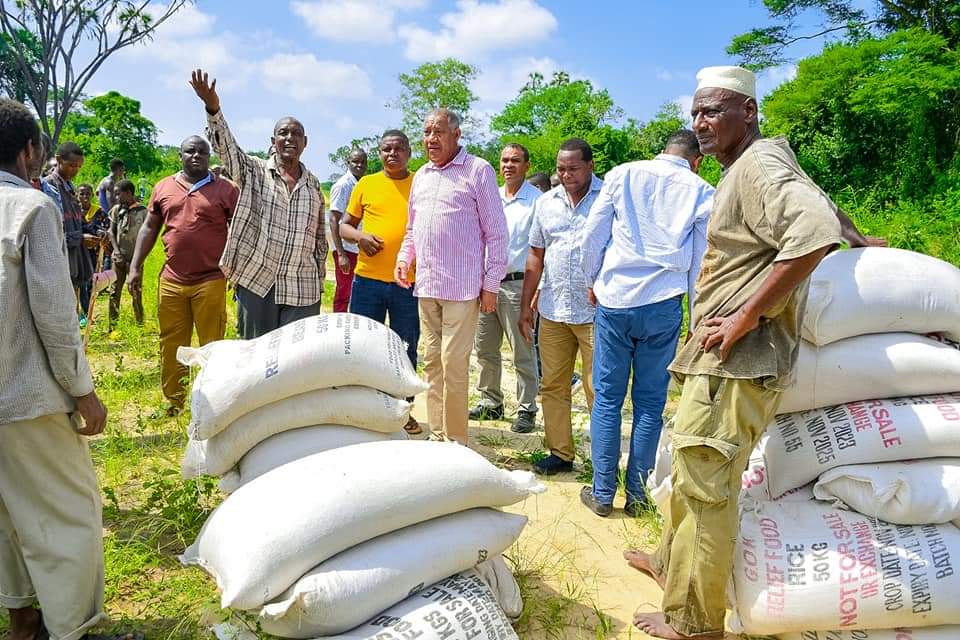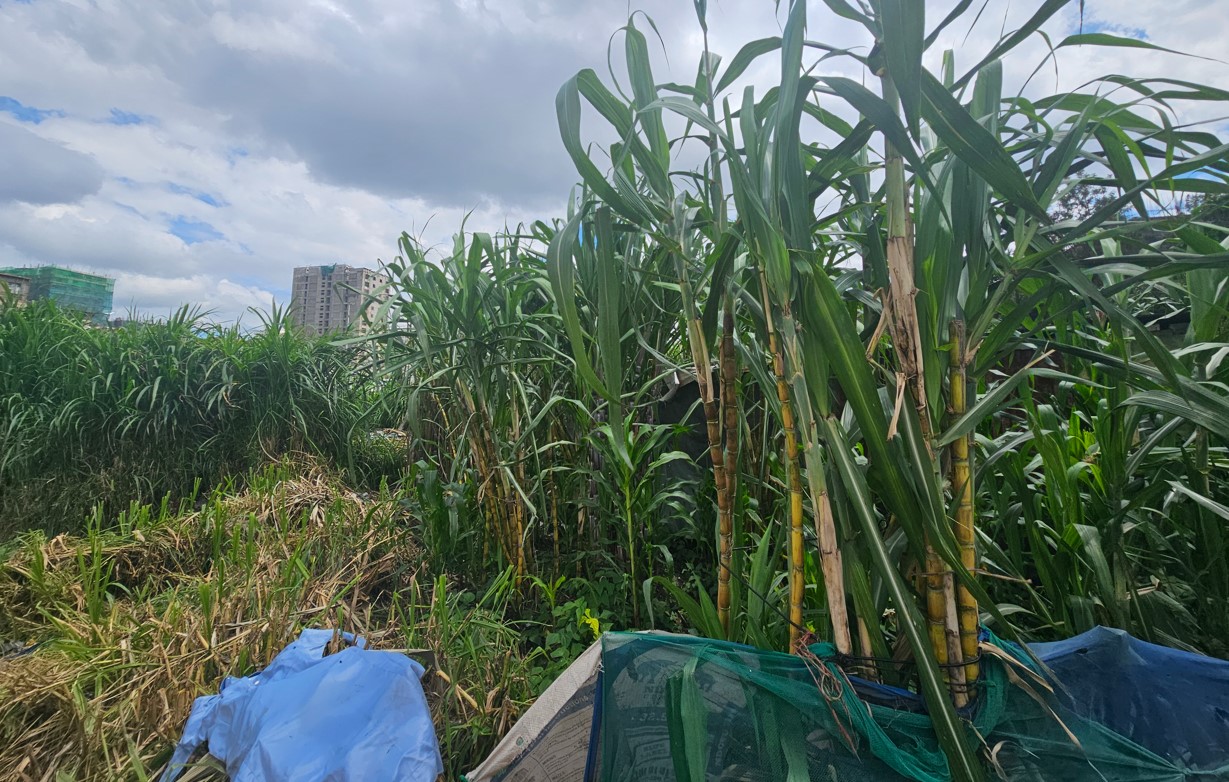Kenya ranks high in food mismanagement amidst global hunger crisis

By Barack Oduor |
It is reported that loss of food happens despite 783 million people being affected by hunger globally and a third of humanity facing food insecurity.
A newly released United Nations Environment Programme(UNEP) on food wastage globally has ranked Kenya as one of the countries in Africa with significant food mismanagement despite occasional biting hunger.
The UNEP Food Waste Index Report 2024, produced in conjunction with the Waste and Resources Action Programme, now indicates that there was a loss of more than one billion meals a day in 2022.
Keep reading
This massive waste of food worldwide occurs at a time when hunger is being reported on several continents, particularly in Africa, where famine is ravaging nations located in its horn. It is reported that loss of food happens despite 783 million people being affected by hunger globally and a third of humanity facing food insecurity.
UNEP Executive Director Inger Andersen said food waste is a global tragedy. "Millions will go hungry today as food is wasted across the world," she said.
According to her, food waste is not only a major development issue, because the impacts of such unnecessary waste are causing substantial costs to climate and nature.
"The good news is we know if countries prioritise this issue, they can significantly reverse food loss and waste, reduce climate impacts and economic losses and accelerate progress on global goals," she said.
The report that draws its findings from studies conducted differently by the Japan International Cooperation Agency and UN-Habitat in different countries between 2010 and 2023 says Nairobi had a food waste estimate of 100 kg per capita per year in 2010.
Another study conducted by Takeuchi in 2019 showed that Nairobi had a food waste estimate of 99 kg per capita per year.
UN-Habitat in 2019 said the city of Nairobi had a food waste estimate of 91 kg per capita per year. A study in Mombasa by UN-Habitat in 2020 showed an estimated food waste of 80 kg per capita per year.
In Taita Taveta county, UN-Habitat estimated food waste in 2022 to be 55 kg per capita per year. In 2020, it estimated food waste in Kiambu County at 99 kg per capita per year.
The report said there were seven data points providing estimates for household food waste in Kenya. The waste ranges between 40 kg per capita per year and 100 kg per capita per year.
All of the estimates identified were from subnational studies, categorised as having medium confidence.
Five of the data points were from UN-Habitat surveys of the Waste Wise Cities Tool, developed by UN-Habitat, a step-by-step guide to assess a city's municipal solid waste management performance.
"Although a large number of data points are available for Kenya, there is less available evidence in rural areas. Future research should focus on providing a nationwide estimate either via a nationally representative sample or through weighting results to more accurately represent variations within the country," the report says.
The significance of the report is that it assists in tracking country-level progress to reduce food waste by half by 2030.
First published in 2021, the current report now builds on the most recent and huge datasets and also gives an update on the scale of food wasted worldwide, as well as a focus on multi-stakeholder collaboration through public-private partnerships as a solution.
The report showed that there were 1.05 billion tonnes of food waste generated (including inedible parts), amounting to 132 kg per capita and almost one-fifth of all food available to consumers in 2022.
Out of the total food wasted in 2022, 60 per cent happened at the household level, with food services responsible for 28 per cent and retail for 12 per cent.
According to the World Food Programme, although the country has recently acquired lower-middle-income status, the increased wealth has not benefited all Kenyans equally. Over one-third of the population still lives under the international poverty line and social, economic and gender disparities remain.
Food insecure families typically live in rural areas, are poor and depend on daily agricultural labour for income. Families headed by women are more likely to be food insecure than those headed by men.





















